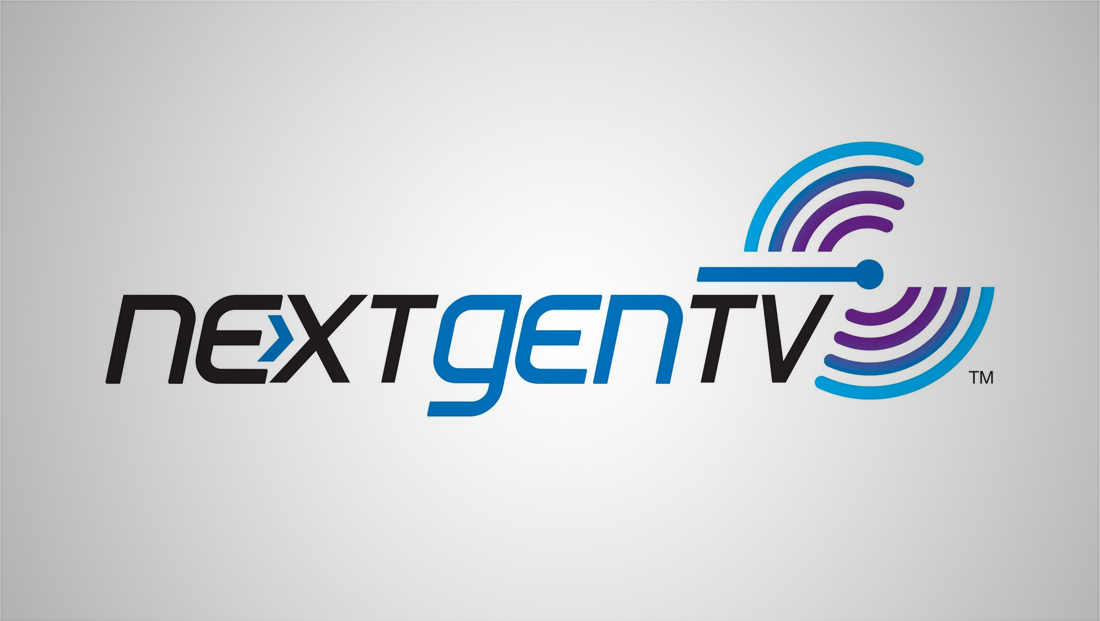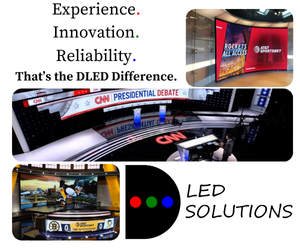Six industry groups tell FCC to reject NAB’s ATSC 3.0 transition plan

Subscribe to NCS for the latest news, project case studies and product announcements in broadcast technology, creative design and engineering delivered to your inbox.
A coalition of six industry groups representing consumer electronics, pay-TV operators and broadcasters formally opposed the National Association of Broadcasters’ petition for a mandatory transition to ATSC 3.0 during a June 27 meeting with Federal Communications Commission officials.
The stakeholders, including the Consumer Technology Association, Public Knowledge, NCTA, ACA Connects, American Television Alliance and LPTV Broadcasters Association, detailed their objections to NAB’s February petition in a July 1 letter to the FCC.
The petition requests a two-phase transition deadline that would require full-power stations in the top 55 markets to end ATSC 1.0 simulcasting by February 2028, with remaining markets following by February 2030.
The Consumer Technology Association reiterated its position that the transition to ATSC 3.0 should remain voluntary, arguing that “a mandatory transition to ATSC 3.0 would harm consumers by imposing real costs for consumers, stifling innovation, and levying unneeded regulations.”
Brian Markwalter, CTA’s senior vice president of research and standards, and Rachel Nemeth, senior director of regulatory affairs, represented the organization at the meeting.
CTA cited market research showing declining over-the-air viewership as a reason against mandating ATSC 3.0 tuners in all television sets. A Horowitz Research study found that homes with broadcast antenna access dropped from 32% in 2020 to 19% in 2025. Nielsen data indicates that approximately 22.75 million American households use over-the-air television, representing a fraction of the 125 million TV households.
CTA’s retail pricing analysis found that, when comparing similar 55-inch 4 K models, televisions with ATSC 3.0 tuners cost an average of $157 more than those with only ATSC 1.0 tuners.
The organization argued it “would be harmful to consumers to mandate that all televisions include an ATSC 3.0 tuner because of the increased manufacturing cost to implement for all a feature that only some want.”
Public Knowledge raised concerns about the A3SA certification process required for ATSC 3.0 devices, describing it as a potential barrier to competition. Legal Director John Bergmayer cited the American Library Association v. FCC case, which limited the agency’s authority to regulate consumer electronics post-transmission. The organization argued that “the A3SA certification model operates without meaningful external oversight, with licensing terms that are confidential and decision-making processes that are opaque.”
Public Knowledge warned that “startups, open-source projects, and academic developers lack the resources to navigate the A3SA certification process, and many will simply be locked out of the ATSC 3.0 ecosystem.”
NCTA emphasized the technical challenges faced by multichannel video programming distributors. The organization estimates that purchasing and installing ATSC 3.0 transceivers could cost tens of millions of dollars for individual cable operators, with additional time required for implementation. ACA Connects argued that smaller providers would face disproportionate costs that could force them to abandon linear video services. The organization predicted rural and smaller markets would lose service options as providers exit the video business due to transition expenses.
The American Television Alliance questioned whether ATSC 3.0 would improve television service, noting that “NAB has demanded rules that would permit broadcasters to devote more than 95 percent of their broadcast spectrum to non-broadcast services.”
Michael Nilsson, representing ATVA, raised legal questions about whether such services qualify as “ancillary” under current regulations.
LPTV Broadcasters Association supported authorization for multiple broadcast standards but “strongly opposes a mandatory transition for LPTV and Class A facilities to adopt ATSC 3.0, a standard that is not delivering as promised after 15 years of development.” President Frank Copsidas argued that if a transition is mandated, “the Federal Government or Full Power Broadcasters must absorb the cost of the transition for LPTV and Class A stations as the cost is beyond the realities of most stations which are small businesses.”
The coalition emphasized changes in the television marketplace since ATSC 3.0 development began.
CTA’s research on viewing habits shows consumers access video content from multiple sources across various screen types, reducing reliance on broadcast television. The organizations noted their participation in the FCC’s Future of Television Initiative working groups and disputed the accuracy of consensus portrayals in the resulting report.
The groups urged the FCC to maintain a market-based approach to ATSC 3.0 adoption rather than implementing new mandates.
In their letter, the coalition noted that “this Administration has prioritized regulatory reduction, and it would be counterproductive to adopt new mandates that decrease flexibility and increase costs.” They also stated that “the FOTVI Report did not accurately portray the consensus reached in the working groups in all instances,” disputing the Foundation’s characterization of industry agreement.
The FCC’s Media Bureau requested public comment on NAB’s petition in April. The comment period highlighted divisions within the broadcasting industry about mandatory transition timelines and associated costs.
The meeting included representatives from Chairman Brendan Carr’s office, Commissioner Anna Gomez’s office, and the Media Bureau staff. The coalition’s letter was filed electronically with the FCC on July 1.
Subscribe to NCS for the latest news, project case studies and product announcements in broadcast technology, creative design and engineering delivered to your inbox.




tags
A3SA, ATSC, Consumer Technology Association, FCC, Frank Copsidas, Horowitz Research, LPTV Broadcasters Association, NAB, NCTA, NextGen TV ATSC 3.0, Nielsen
categories
Broadcast Business News, Broadcast Engineering, Heroes, NextGen TV, Policy